Author
Conflict, violence , peace are translated differently based on ones experiences, vantage point from where seen and issues that were at stake all this while. Viewpoints of all the stake holders are a must to be considered, analysed and factored into the framework of solution or solutions. Stake holders include militants who tried their hands at violent means, those who propelled them or provided political leadership, the mainstream or regional parties and above all, the people. The window of opportunity from 2011 till date could have served well to move forward in terms of reconciling with past, reconstructing the society and coming out with a viable political solution. The steps taken should not only focus at demobilization, disarmament and re-integration but also at putting to rest the psychological setbacks of past and various forms of securities with regard to the future.
John Alderice, a diplomat from Northern Ireland and also a psychiatrist and psychotherapist stated “one thing common to the terrorists and those who are combating terrorism is, both believe that to kill the evil thing is good and should one die in the attempt, it is not only a moral and courageous act but also one that confirms the wickedness of the enemy”. Hence, the viewpoints tend to paint the militants as well as those combating it in the same brush. However, at individual levels, the security forces acquire higher pedestals of moral ground because they are acting on behalf of the establishment and working towards the benefit of larger mass, the benefits of peace. Hence, to draw parallels between two classes of armed humans that is militants and the military is inappropriate. Similarly, justifying the violence committed by militants or not terming them as extreme violations of human rights, exposes our sense of righteousness. This needs to be collectively corrected and all the stakeholders of the society need to shake up their conscience and start calling spade a spade.
Prolonged violence, as in the case of Kashmir, gives rise to cycles of dehumanization, transforming a large number of youth into non-human waste. Not to forget that these very people could have constituted the social diamonds, had they not been served with the problem and an ideology to follow. Who is responsible for this? Is the society and the state at large responsible for this messy transformation? Or it is the youth themselves who could be termed as responsible for becoming fodder of violence? If we believe that children are children and need direction, moulding and ethical environment to shape up as good adults, then there is a need to admit that we as parents, teachers or religious preachers have failed. Assuming that the polity of India and Pakistan as well as the Kashmiri society is getting ready to put the past behind and resolve the conflict, it become incumbent on us to take into account, all forms of distortions that have plagued the kashmiri society for over 25 years. South Africa did well to reconcile when the demons of Blacks and Whites were pardoned and effective measures were
adopted to re-humanise the society. While at the larger context, reconciliation process is more of the government’s responsibility, there are issues that need to be addressed by us as individuals. We have the responsibility to forget the ghosts of past and give way to a brighter and better future to the next generation. For our yesterday, we can not put our tomorrow at stake. Even if our individual hurts, egos or pride come on our way, we have to overcome them and pave the way for peace to stay forever.
Having established and accepted the need for peace, who could be the biggest contributor and the biggest beneficiary? It is undoubtedly the youth who is the most important stakeholder, but alas! It is the youth only who are most actively involved in turning the tables against peace. This is so, because the industry of violence has been working hard to keep them memorised with the unrealistic and unachievable dreams. The ones who are running this industry can continue maintaining their identity only as long as there is disturbance and violence. If these are the harsh realities then youth will have to take a call on whatsoever and whomsoever they have been following. They also need to rethink on their behaviors and response towards everything that they see, experience or respond to. Everything has to have a reason, a human again and pass through the filters of erstwhile Kashmiri culture. It also has to be synch with the wonderful teachings of Islam. It is only through values that the society can be re-humanised and the onus lies on our youth.
The Article is based on the opinion of the Author.

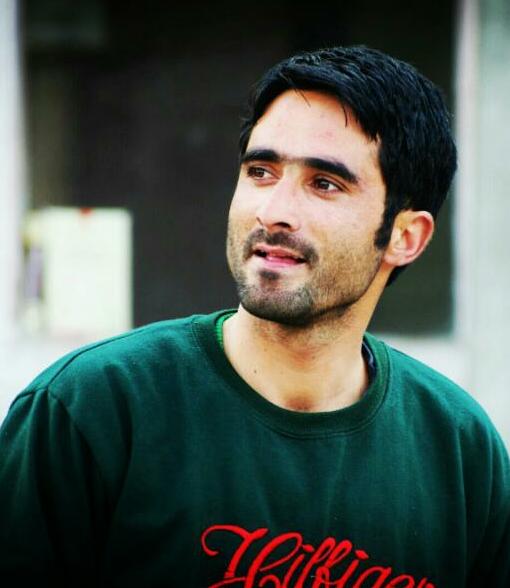









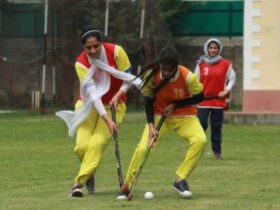

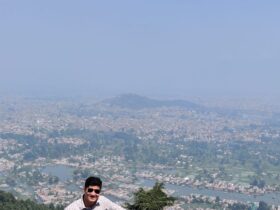
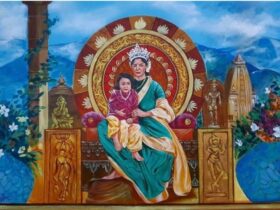

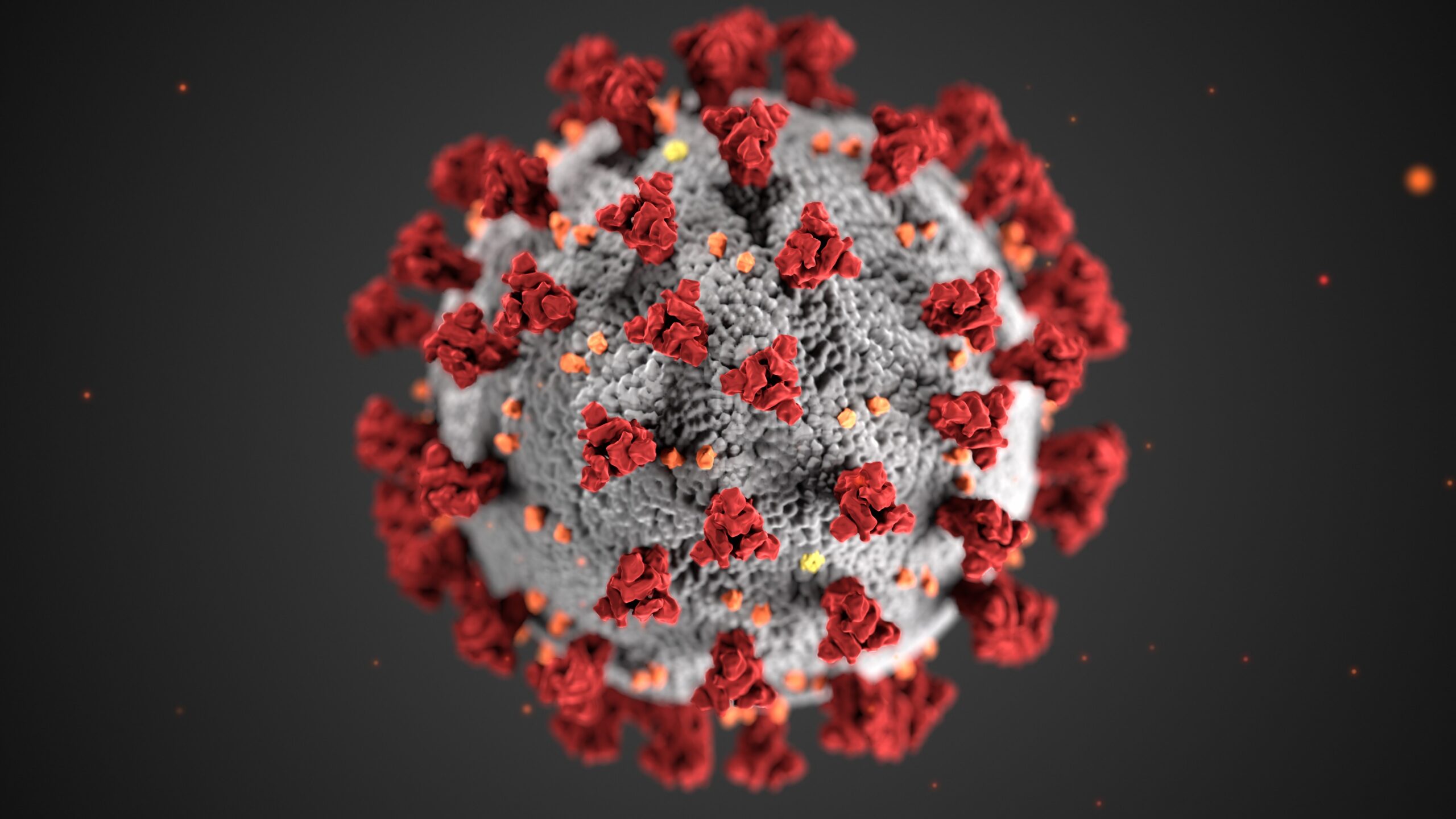
Leave a Reply